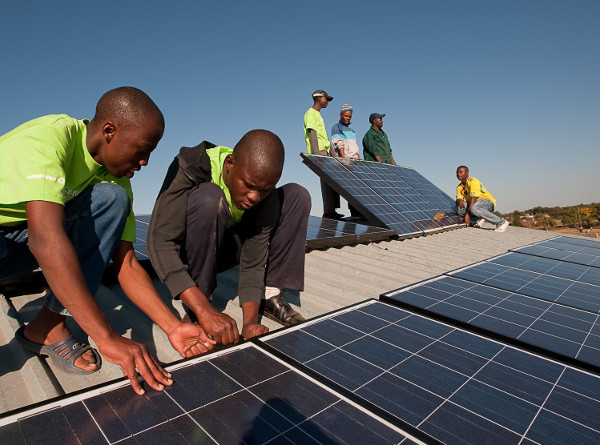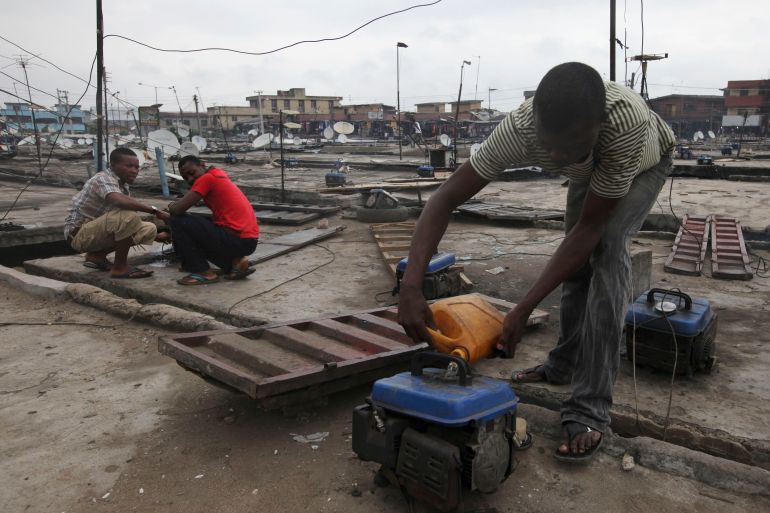Nigeria’s energy crisis has persisted for decades. Africa's largest country is largely powered by fuel generators. They're noisy, dirty, and bad for the environment. But they also provide power to millions of people in a country with an unreliable grid. The removal of Nigeria's long-standing fuel subsidy in 2023 caused the price of fuel to quadruple, leaving Nigerian consumers searching for options. And many are going solar. So while economic considerations have largely driven Nigeria's transition to solar power, it has positive climate implications too. But why is the grid so broken? How can it be fixed? And is decentralized solar energy an adequate solution to solve Nigeria's energy crisis?

Related article - Uphorial Sweatshirt

The Flip



